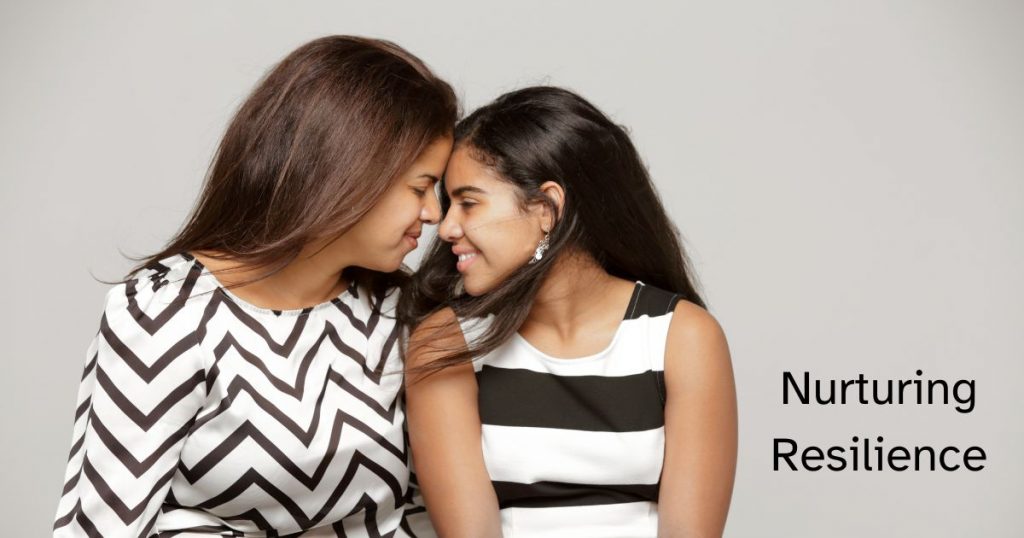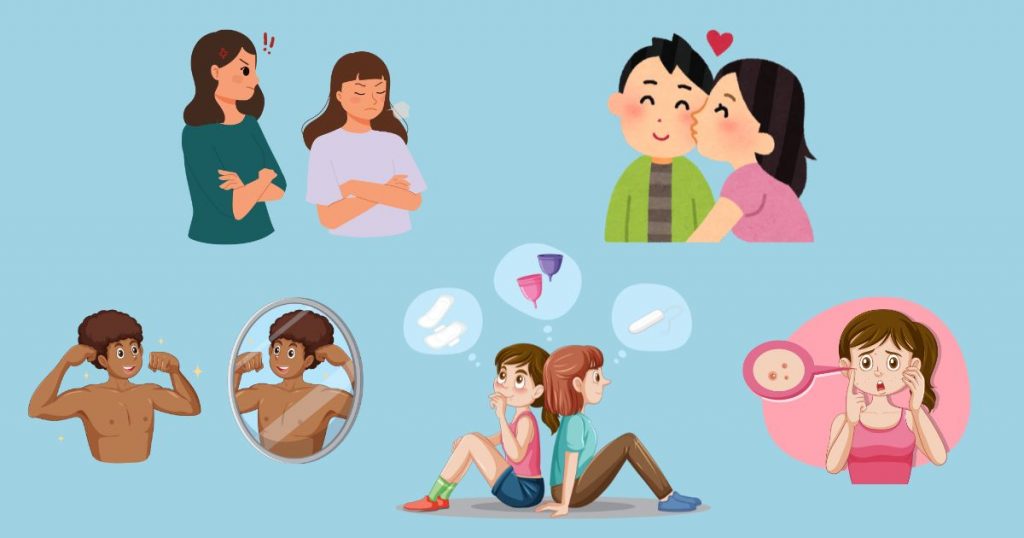Nurturing Resilience: A Therapist’s Perspective on Raising Daughters to Embrace Disapproval
As a mental health therapist, I’ve had the privilege of guiding individuals through the complex journey of self-discovery and emotional healing. One recurring theme that emerges, particularly among young women, is the struggle to navigate societal pressures and the fear of not being liked by others. Eleanor Roosevelt’s poignant advice to “raise daughters to be okay with people not liking them” resonates deeply within the realm of mental health, highlighting the importance of fostering resilience in the face of disapproval. In therapy sessions with adolescent girls and young women, I often witness the profound impact of societal expectations on their self-esteem and sense of worth. From a young age, girls are bombarded with messages dictating how they should look, act, and behave to be accepted by their peers and society at large. The fear of not meeting these unrealistic standards can lead to feelings of inadequacy, anxiety, and depression. By incorporating Eleanor Roosevelt’s wisdom into therapeutic interventions, I strive to empower my clients to embrace their authentic selves and cultivate resilience in the face of judgment and rejection. Together, we explore the concept of self-worth and challenge the notion that it is contingent upon external validation. Through introspection and self-reflection, my clients learn to recognize their inherent value and worthiness, independent of others’ opinions. One of the most powerful tools in nurturing resilience is cognitive-behavioral therapy (CBT), which helps individuals identify and challenge negative thought patterns that contribute to low self-esteem and fear of disapproval. Through CBT techniques such as cognitive restructuring, my clients learn to reframe their thoughts and beliefs about themselves, recognizing that their worth is not determined by the opinions of others. Mindfulness practices also play a crucial role in building resilience by helping individuals develop a non-judgmental awareness of their thoughts and emotions. By cultivating mindfulness skills, my clients learn to observe their inner experiences without attaching undue importance to external validation. This newfound sense of inner peace and acceptance enables them to navigate social interactions with greater confidence and authenticity. With two daughters of my own, I am very aware of the role that the home environment plays in their foundation, which is why I try to be very open and communicative with my client’s parents and caregivers. The goal is for parents to create a supportive environment at home that fosters resilience in their daughters. Together, we explore strategies for promoting open communication, fostering self-expression, and validating their daughters’ emotions and experiences. By nurturing a strong sense of belonging and acceptance within the family unit, we provide a solid foundation from which daughters can venture forth into the world with resilience and confidence. Eleanor Roosevelt’s timeless advice serves as a guiding light in both my work and in my home, reminding me of the importance of nurturing resilience in young women. By teaching our daughters to be okay with people not liking them, we equip them with the tools to navigate life’s challenges with courage, grace, and authenticity. Through therapy, mindfulness, and supportive relationships, we empower them to embrace their true selves and flourish, regardless of others’ opinions. Learn More ABout Colleen Connect with Colleen



